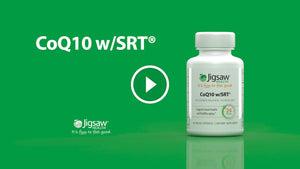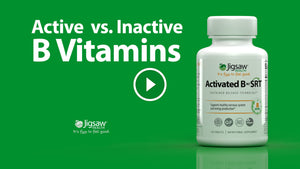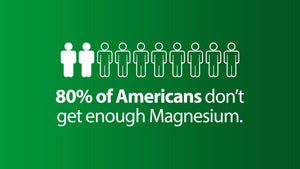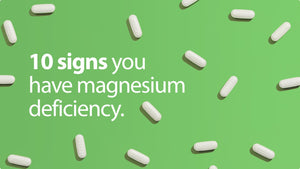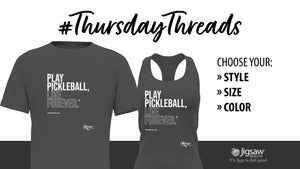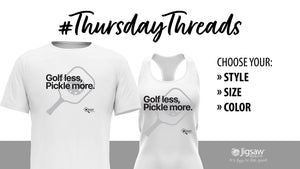By Dr. Scott Olson
Is that an elephant tap-dancing on your head? Over 75% of adults have been there: after a night out on the town and way too much alcohol, you wake with a splitting headache, upset stomach, cotton mouth, diarrhea, trembling, and a general feeling of awfulness.
The Morning After
The morning after is hard. You certainly feel bad when you try to open your
eyes, but did you know that your post-partying state also puts you at a higher
risk for injury and even a heart attack? [1,2]
Having a hangover lowers your thinking abilities and reaction times, and even
your hearing is impaired. You feel like you're moving slower because you really are.
These slow-brain effects last long after there is no measurable amount of
alcohol in the blood stream, and they are measurable on diagnostic tools such as
electroencephalographs (EEG).
Plus, depending on how much you drank the night before your blood alcohol level
could still qualify you as drunk even after 8 or more hours. This means that
driving a car is probably not the best idea after a night at the local bar, even
though you think it might be okay. And obviously, things like piloting a plane,
operating heavy machinery or performing brain surgery should be put off for
another day.
Why do I feel so bad after a night of drinking?
As common as hangovers are, you'd think researchers would have found a cure by now, especially with the high number of active experimenters each weekend. Unfortunately, there is no miracle cure. Part of the problem lies in the fact that a hangover is such a diverse collection of symptoms. There are several factors working together to make you feel bad. For example:
- Dehydration. Alcohol stimulates a hormone that increases water loss. This dehydration can cause many of the symptoms of a hangover including dry mouth, headaches, fatigue, and shakiness. Dehydration may also cause the brain to slightly shrink away from the skull; ouch, that can't be good.
- Breakdown of Alcohol. Your liver breaks alcohol down with the aid of enzymes produced by your liver. The byproducts of this breakdown are often worse than alcohol itself. Acetaldehyde, a common breakdown byproduct, causes headaches, shakiness, and fatigue and many other symptoms.
- Blood sugar. Alcohol initially spikes your blood sugar while drinking, which leads afterwards to a tremendous crash. Low blood sugar, especially in the brain, results in mental and physical fatigue, lack of concentration, weakness, and moodiness.
- Pick Your Poison. What you are drinking matters. Generally, the more expensive alcohols have been through lots of distillation. The process of distillation removes many of the impurities that can lead to headaches. So while it may seem cheaper to buy a less expensive drink, you are going to pay for it later.
Folklore
Your friends and family all have good ideas on how to take care of a hangover.
Their suggestions are usually a collection of old remedies handed down through
the generations, as well as new remedies.
The folklore around hangover cures abounds. From the Greeks, we get suggestions
of eating cabbage, or vinegar. No thanks! The Romans believed that wearing a
garland of parsley would help, and if that failed, they would eat fried
canaries. From Latin America, comes menudo, a spicy soup made from tripe
(intestines) and chilies, which many have a hard time stomaching even in a
non-hangover state.
Of course you can't forget the hair of the dog that bit you approach, which
entails drinking what you drank the night before. There is also the
mythical Red-Eye concoction that consists of half a pint of beer, a shot of
vodka, a raw egg, and tomato juice all mixed together into a single glass.
Unfortunately, these only delay the inevitable.
What Works?
Moderation is always the best cure. But let's be realistic, that may be a noble decision for some, but the rest of us are going to need other...
- Drink Lots of Water. Since alcohol increases dehydration, and dehydration is known to cause headaches, dizziness, cramping and fatigue, drinking lots of water before you go to bed is not a bad idea and many people swear by it.
- B-vitamins. Get a high-potency B-complex and take it before you go out for the night. B-vitamins help the liver remove the alcohol and its byproducts. You can also take your B-vitamin before you go to bed and when you wake up in the morning to help with the recovery.
- Probiotics. Good gut bacteria (such as acidophilus) can help put your stomach back in order and reduce nausea.
- Magnesium. Alcohol consumption increases the excretion of magnesium through your urine. Magnesium deficiency can dramatically enhance the effects of headaches, fatigue, constipation and cramps. A potent magnesium supplement may help reduce the effects of hangovers.
- Homeopathic Remedies. There are many great homeopathic remedies that work well. The best known is Nux vomica, but there are others such as Chincona, Lobelia, and Zincum. There are combination homeopathic remedies that contain all of these and seem to work well.
- Exercise. While the last thing you want to do is get off the couch or out of bed the next morning, getting some exercise will help you feel better quicker. Exercise increases circulation and brings much needed oxygen to your brain.
- Eat something. When you wake in the morning, eat foods that will help balance your blood sugar levels such as fruit or fruit juice. Eggs are another great options because they contain large amounts of cysteine, the substance that breaks down the hangover-causing toxin acetaldehyde. Remember, your liver is working overtime to detoxify your body, so it would help if you were eating something fresh and high in vitamins and nutrients such as a smoothie or soup.
- Caffeine. Drinking a small amount of caffeine can help clear out the cob webs and it also helps with concentration and focus. Just remember that coffee is a diuretic and can lead to dehydration, as well as another crash once it is out of your system.
- Sleep. Enough said.
Important: Remember that the only cure for a high blood alcohol is time. While
all of these tips can help you deal with the hangover, nothing will help you get
sober faster.
[1] Becker J: The alcohol hangover. Ann Intern Med. 2001 Mar 20;134(6):533-4.
[2] Wiese JG, Shlipak MG, Browner WS: The alcohol hangover. Ann Intern Med. 2000 Jun 6;132(11):897-902.








